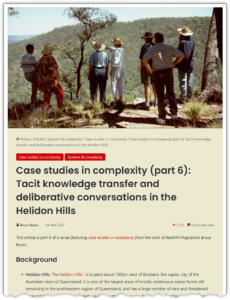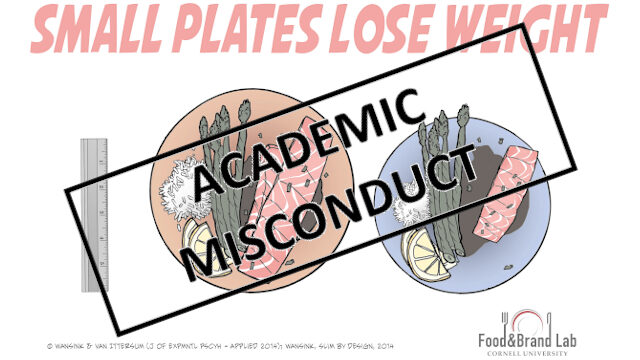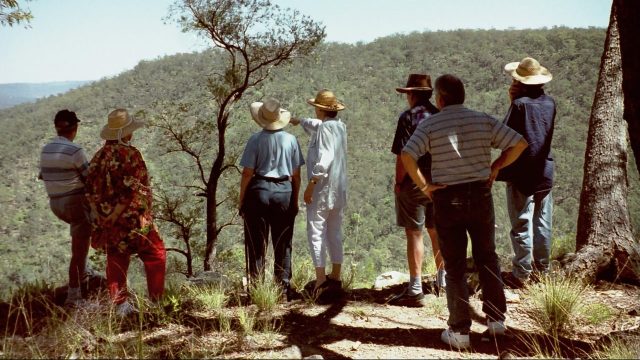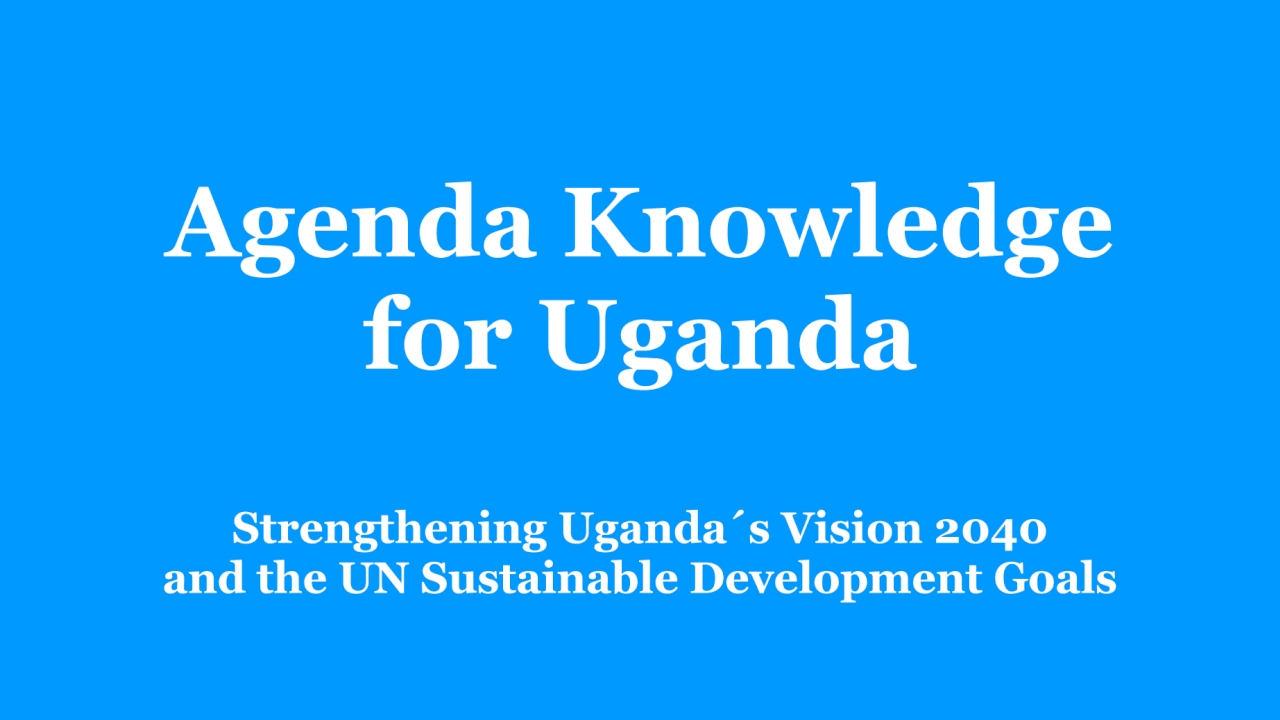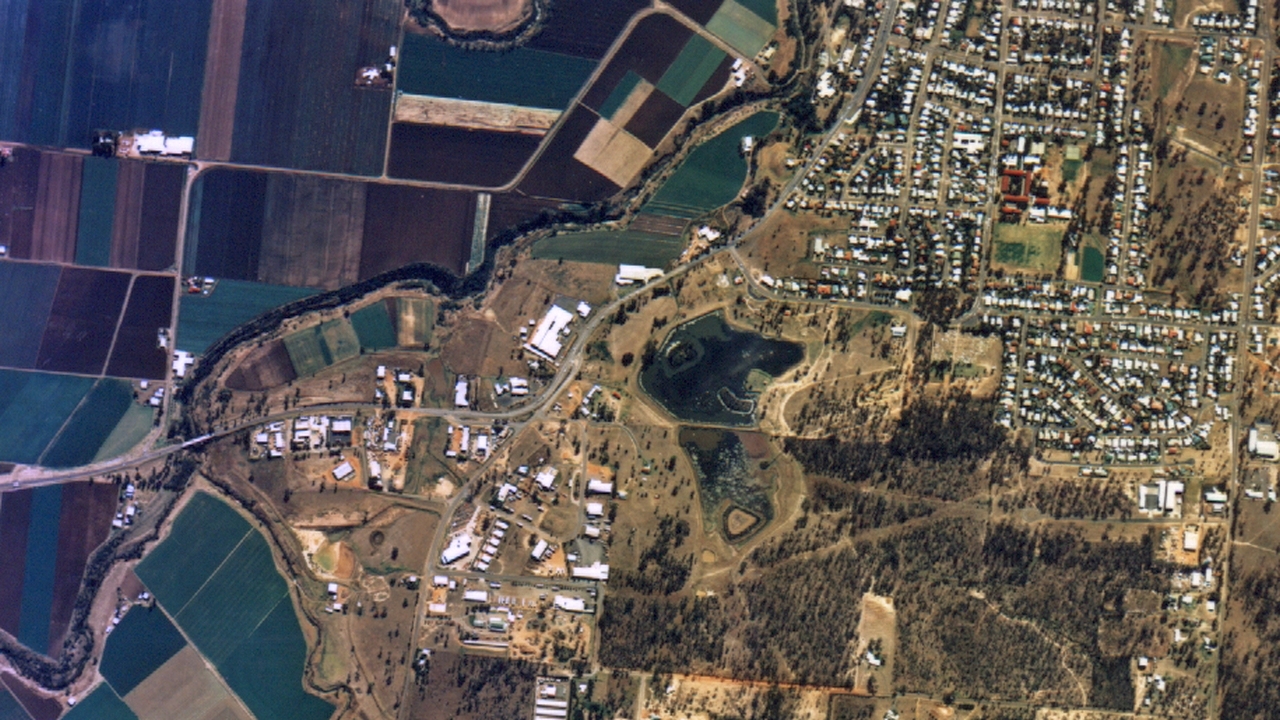
Why the UN Sustainable Development Goals (SDGs) will fail without a multiple knowledges approach
A critical point has been reached in plans to reboot the currently failing United Nations Agenda 2030 and Sustainable Development Goals (SDGs), with the revised draft (Rev. 1) of the Pact for the Future1 released by the President of the United Nations General Assembly. The Pact for the Future is the master blueprint for the reinvigorated SDGs and will be endorsed by the UN and Member States at September’s Summit of the Future.
Action 30 welcomed, but ignores multiple knowledges
Rev. 1 of the Pact for the Future now includes the following new action:
38. We recognize the need for science, technology and innovation to be adapted and made relevant to local needs and circumstances, including the knowledge of Indigenous Peoples. We agree to:
(a) Foster synergies between science and technology and traditional, local, afro-descendant and indigenous knowledge and capacities, while putting in place measures to identify and mitigate potential associated risks.
Such knowledge and knowledge management (KM) related references had been completely missing from the earlier zero draft of the Pact for the Future, and the inclusion of this new action very much reflects the RealKM-KM4Dev-K4DP written input on the zero draft, a copy of which can be found attached to the KM & SDGs campaign open letter (which you can still sign if you haven’t already).
But, while it’s an excellent inclusion, the new Action 30 of the Pact for the Future:
- is top-down, with science, technology, and innovation seen as needing to be adapted and made relevant to local needs and circumstances, but the extensive body of local knowledge itself not seen as having an essential role in sustainable development decision-making;
- emphasises traditional, afro-descendant, and indigenous knowledges, which, while critically important in achieving the SDGs, are only part of the full spectrum of local multiple knowledges; and
- deals only with local knowledge when multiple knowledges exist at multiple scales.
Because of this, the Pact for the Future needs further revision so that Action 30 comprehensively reflects a multiple knowledges approach. Suggested revisions can be found below.
Why a multiple knowledges approach is essential
Ultimately, the SDGs will not be achieved by the UN or its Member States. Rather, the SDGs will – or won’t – be achieved by the billions of individual people across the world who need to be able to integrate the SDGs into their daily lives. But every one of those billions of people has different realities: different needs, different values, different goals, different work circumstances, different family situations, different community and cultural contexts, and so on. This manifests as a diverse array of knowledge – “multiple knowledges” – that must be part of the decision-making if the SDGs are to be achieved.
The aerial photograph above, which was taken in the Lockyer Valley of Queensland, Australia2, shows a snapshot of a small part of this knowledge diversity. On the left of the photograph are farms, in this case irrigated horticulture, mostly vegetable crops. The farmers who own these properties are typically second or third generation irrigators, and want to see their family livelihoods continue, including not having other land uses impact on their ability to farm and being able to continue to use underground aquifer water for irrigation. In the centre of the picture is an area of light industry, with many of the small enterprises there supporting the farms of the area. As they are dependent on the farming in the area, these enterprises want to see the farming land use continue. In the top right of the photograph is the urban area of Gatton township. The people who live in this urban areas work in a range of jobs including for the farms in the area and the light industries in the town, so most of the town’s residents also want the farming of the area to continue. Towards the bottom right corner of the photograph are areas of remnant bushland which have conservation values seen as important by both members of the local community and the public of the broader region. There are also a number of First Nations (indigenous) heritage sites in various locations in the photograph, and the Yuggera First Nation maintains a cultural connection with the area.
However, different realities such as these can bring divergent and often conflicting perspectives, which makes sustainability complex. For example, in regard to this particular area, irrigation water had been being overused, which was placing enormous pressure on water supplies3 making survival very difficult for some farmers, and some land management practices were also impacting the water quality of waterways to the concern of those downstream4. Simply adapting science and technology and making them locally relevant, as proposed in Action 30 of the revised draft of the Pact for the Future, doesn’t solve these problems. This is because for solutions to be workable in the long-term they need to reflect the full complexity of the situation including the needs, aspirations, and perspectives of the community, as outlined in the paragraph above.
For example, for the water overuse situation described above, science shows that demand for water is exceeding availability, and technology exists to better measure and control water use. But science and technology can’t work out who gets the available water and who doesn’t, and when they get it and when they don’t, and what the various options for resolving these conundrums mean for families, their livelihoods, and community viability.
Similarly, for the downstream water quality issue, science can determine which land management practices are most likely to be causing water quality problems, and technology exists that can reduce the impacts of those practices. But science and technology can’t work out how different approaches may or may not be able to be cost-effectively implemented by landholders who are tying to make a living and provide for their families.
Further, because of the intimate knowledge they’ve gained of the area over time, local landholders, community groups, and indigenous knowledge holders can often put forward solutions that are more effective than those possible through science and technology, or science and technology alone.
So, finding ways forward can only be done through multiple knowledges approaches. This fact is clearly reinforced by the following key references for our journal editorial “We urgently need multiple knowledges to achieve the Sustainable Development Goals“5:
Stakeholder knowledge and complexity
In the journal article “Key issues in co-creation with stakeholders when research problems are complex“6, Professor Gabriele Bammer, team leader and originator of Integration and Implementation Sciences (i2S) at the Australian National University (ANU), advises that:
[Complex problems require a] mindset that appreciates that stakeholders have an essential role in making complexity evident and that limiting stakeholder involvement also limits the ability to understand and effectively act on complex problems.
Dealing with any complex problem requires understanding how [a range of] characteristics play out for that problem, as well as how actions can best be shaped around them. In turn, this requires inputs from multiple disciplines and stakeholders.
Different stakeholders will have different, often unique, perspectives on the five elements of complexity, that is, the problem’s connections with other problems, different ways the problem can be defined, important uncertainties and unknowns, some of the real-world constraints on what can be done, and what will make a good solution.
Taking responsibility for complexity
In the Working Paper Taking responsibility for complexity: How implementation can achieve results in the face of complex problems7, Harry Jones, Research Fellow with the Overseas Development Institute (ODI), advises that:
When traditional approaches are applied to complex issues, they are based on inappropriate assumptions. They assume that knowledge and policy implementation can be linked in a straightforward, linear manner.
In the face of complex problems, a broad conception must be taken of ‘knowledge’ and a wide range of perspectives may be needed to properly understand the issues at hand.
policy-makers and researchers often dismiss the relevance of local knowledge, too often seeing citizens affected by a problem or living in an area as requiring knowledge transfer and training, and local practices as requiring ‘modernisation,’ irrespective of the ways in which they are appropriate for local circumstances, let alone values and history
Local institutions such as municipal governments (where well-anchored), farmers unions, women’s savings groups, indigenous peoples movements or citizens associations hold an advantage over larger scale institutions, which comes from being more firmly anchored in local realities and better-placed to respond quickly to changes, based on location-specific knowledge.
It is key to have structures and processes that underpin communication within and between different levels of society, so actors are able to gain the information and knowledge required to adapt to changing circumstances and to learn about addressing complex problems.
Lasting decisions in the complexities of international development
In the journal article “Multiple knowledges, multiple languages: are the limits of my language the limits of my world?“8, Emeritus Professor Valerie Brown AO9 advises that:
lasting collective decisions contain the following elements: key individuals’ commitment to the collective task, respect for different pathways to the same goal, a broad range of specialists to interpret events, reorientating institutions to include integrative structures and the mutual recognition of a shared problem.
In the complexities of international development, people from the developed countries and the developing countries, policymakers, practitioners, experts and communities speak from within their own experience. Together, they should be able to generate a creative synergy, reaching outcomes that no one of them could achieve alone.
A wicked problem (a complex problem with no obvious solution) requires creative thinking on what could be, rather than what is already known. In an inclusive process, all parties are free to use their imagination on all possible futures, sharing their creative ideas.
A case study
Reflecting these references, the Sustainable Management of the Helidon Hills project case study10 from my own work showcases the clear benefits of the multiple knowledges approach to sustainable development. The Helidon Hills are also located in the Lockyer Catchment, to the north of the area covered by the aerial photograph shown and discussed above.
A revised Action 30 with multiple knowledges
The evidence presented above clearly shows that, without a multiple knowledges approach, sustainable development and therefore the Sustainable Development Goals (SDGs) can only be a failure.
Because of this, the Pact for the Future needs to be further revised so that Action 30 comprehensively reflects a multiple knowledges approach, as stated in our journal editorial “We urgently need multiple knowledges to achieve the Sustainable Development Goals“11. A suggested revised version of Action 30 is:
38. We recognize the need for multiple knowledges – encompassing local, tacit, experiential, community, and indigenous knowledge – in sustainable development. We agree to:
(a) Engage multiple knowledges – including local (personal, institutional, and organisational), indigenous, traditional, and afro-descendant knowledge and capacities – in the complex decision-making needed for lasting sustainable development.
(b) Foster synergies between science, technology, and innovation and multiple knowledges, while putting in place measures to identify and mitigate potential associated risks.
As stated in our journal editorial, we also ask that the United Nations and Member States embed and recognize the contributions of multiple knowledge in sustainable development through the formal adoption of the knowledge-based goals of the Agenda Knowledge for Development12 (new 4th edition in preparation, 3rd edition in the interim).
Header image: A snapshot of diverse land uses and land management activities in the Lockyer Catchment, Queensland, Australia. Such diversity gives rise to “multiple knowledges” that must be included in sustainability decision-making for long-term positive outcomes to be achieved. Source: Boyes, 2001.
References:
- Leendertse, A., & Gertze, N.M. (2024, May 14). Pact for the Future: Rev.1. Permanent Representative of Germany to the United Nations, Permanent Representative of Namibia to the United Nations. ↩
- Boyes, B. (2001). Land Use Planning Handbook for the Lockyer Catchment. Forest Hill: Lockyer Catchment
Association (LCA) Inc. ↩ - Lockyer Catchment Centre. (2004). Snapshots of the Lockyer Catchment: Water Supply. Caring for our Lockyer Catchment Fact Sheet No 3. Forest Hill: Lockyer Catchment Centre. ↩
- Lockyer Catchment Centre. (2004). Snapshots of the Lockyer Catchment: Water Quality. Caring for our Lockyer Catchment Fact Sheet No 4. Forest Hill: Lockyer Catchment Centre. ↩
- Al-Shorbaji, N., Atsu, P., Boyes, B., Brandner, A., Camacho Jiménez, K., Cummings, S.J.R., Dewah, P., Dhillon, R., Habtemariam, F., Kemboi, G., Kenga, M., Kiplang’at, J., Mchombu, K., Prom, C., Ribiere, V., Sanz, R., Senaji, T., Senmartin, D., Tarus, I., Young, S. & Zielinski, C. (2024). Editorial. We urgently need multiple knowledges to achieve the Sustainable Development Goals. Knowledge Management for Development Journal, 18(1): 1-12. ↩
- Bammer, G. (2019). Key issues in co-creation with stakeholders when research problems are complex. Evidence & Policy, 15(3), 423-435. ↩
- Jones, H. (2011). Taking responsibility for complexity: How implementation can achieve results in the face of complex problems. Overseas Development Institute (ODI) Working Paper 330. London: ODI ↩
- Brown, V. A. (2010). Multiple knowledges, multiple languages: are the limits of my language the limits of my world?. Knowledge Management for Development Journal, 6(2), 120-131. ↩
- Harris, J. A. (n.d.). The Life & Work of Valerie A. Brown. Inside Lives. ↩
- Boyes B., Pope, S., & Mortimer, M. (1999). Sustainable Management of the Helidon Hills Draft Management Plan December 1999, as amended by Sharon Boyle & Associates under direction of the Interim Management Group. Ipswich Queensland: Western Subregional Organisation of Councils (WESROC). ↩
- Al-Shorbaji, N., Atsu, P., Boyes, B., Brandner, A., Camacho Jiménez, K., Cummings, S.J.R., Dewah, P., Dhillon, R., Habtemariam, F., Kemboi, G., Kenga, M., Kiplang’at, J., Mchombu, K., Prom, C., Ribiere, V., Sanz, R., Senaji, T., Senmartin, D., Tarus, I., Young, S. & Zielinski, C. (2024). Editorial. We urgently need multiple knowledges to achieve the Sustainable Development Goals. Knowledge Management for Development Journal, 18(1): 1-12. ↩
- Brandner, A. & Cummings, S. (Eds.) (2018). Agenda knowledge for development: Strengthening Agenda 2030 and the Sustainable Development Goals. Third edition. ↩

